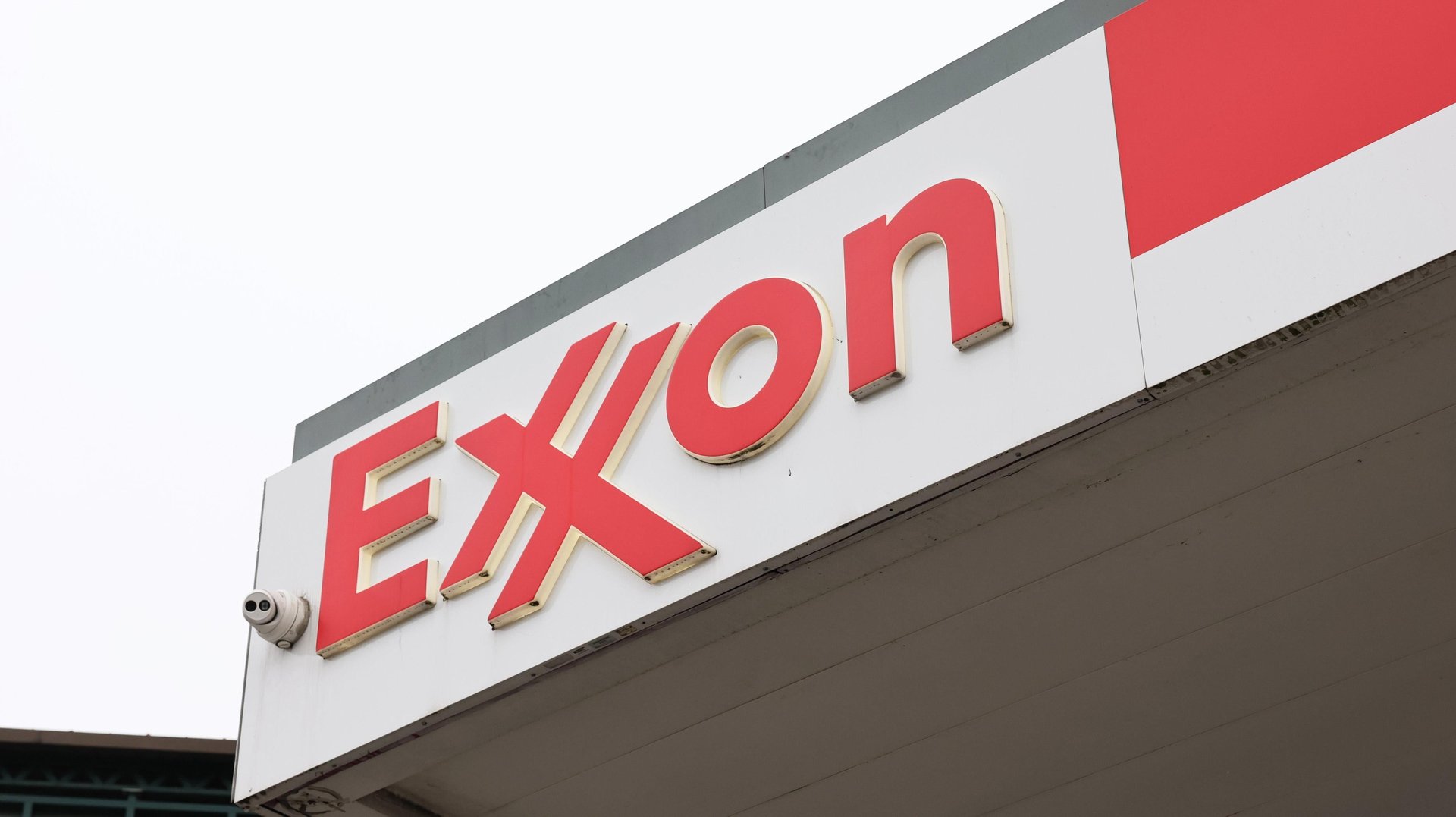Exxon just got the FTC on board with what could be the biggest deal of the year
Its $60 billion merger with Pioneer Natural Resources is on

ExxonMobil, the world’s largest non-state-owned oil company, had planned back in October to spend $60 billion to acquire Pioneer Natural Resources, an oil and natural gas mining company. But the Federal Trade Commission has been holding up the deal for months as it investigates whether such a monumental tie-up would be good for consumers.
Suggested Reading
On Thursday, the FTC said that it was okay for Exxon to close its biggest pick-up since Mobil, announcing that it “took action to resolve antitrust concerns.”
Related Content
One piece of that action was a consent order that bans Pioneer founder Scott Sheffield from being involved in the company going forward. During its investigation, the FTC suggested that Sheffield had conspired with OPEC to keep oil prices higher. Considering that the companies’ joint operations are expected to produce 2 million barrels of oil a day and that “the combination of ExxonMobil and Pioneer creates a diversified energy company with the largest footprint of high-return wells in the Permian Basin,” as Sheffield said in a statement when the merger was announced, it’s not a small allegation.
“Mr. Sheffield’s communications were designed to pad Pioneer’s bottom line — as well as those of oil companies in OPEC and OPEC+ member states — at the expense of U.S. households and businesses,” said in its complaint against him. Though Sheffield stepped down as Pioneer CEO at the start of the year, the FTC found that Exxon had told Pioneer it would do everything it could to put Sheffield on its board of directors as part of the deal.
“We disagree and are surprised by the FTC’s Complaint saying that Mr. Sheffield’s record and statements on matters of public interest should disqualify him from serving on the ExxonMobil Board of Directors,” Pioneer said in a statement about the regulator’s accusations. “Notwithstanding, Pioneer and Mr. Sheffield are not taking any steps to prevent the merger from closing.”